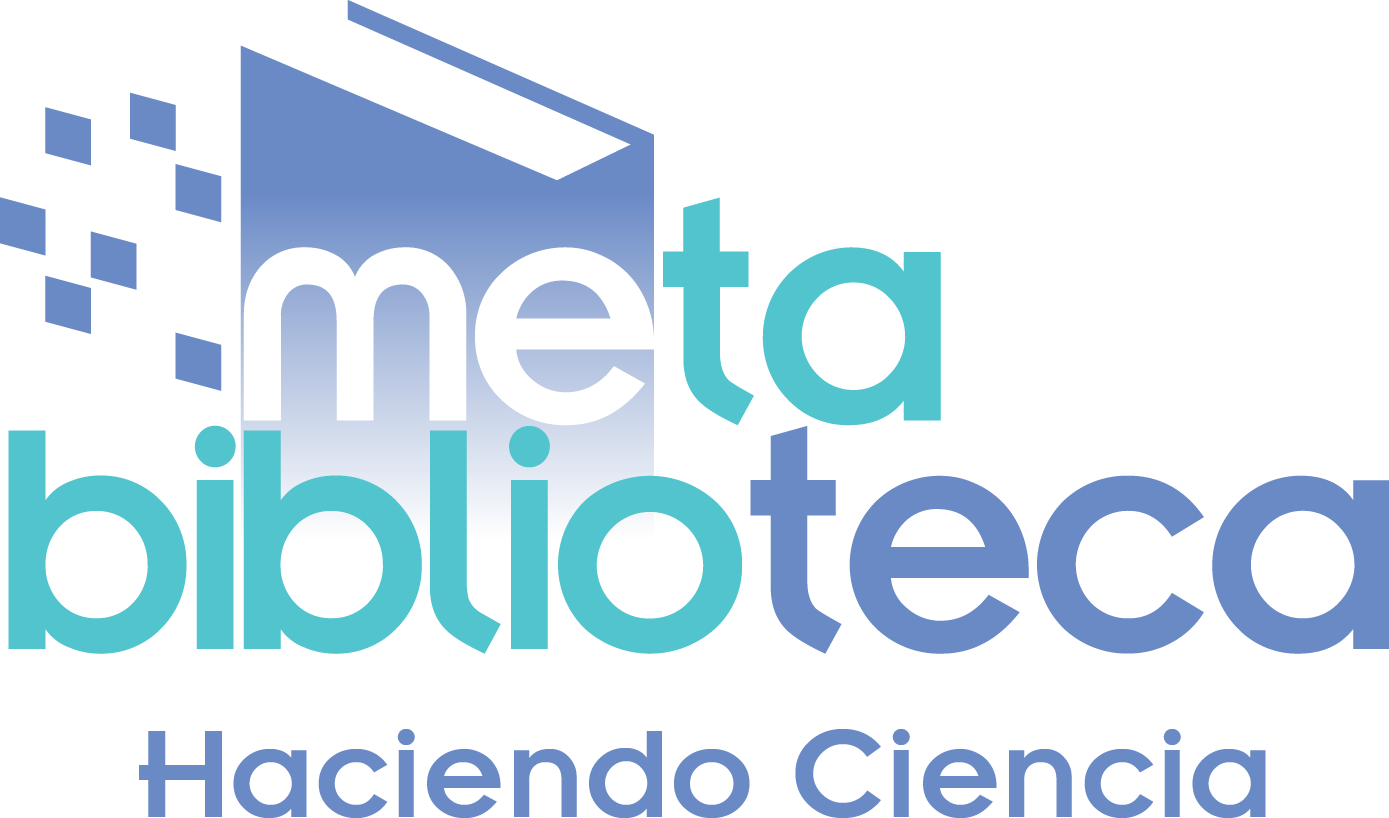Prediction of cardiotoxicity in breast cancer patients exposed to anthracyclines during trastuzumab treatment.
Predicción de cardiotoxicidad en pacientes con cáncer de mama expuestas a antraciclinas durante el tratamiento con trastuzumab.

How to Cite
Download Citation

This work is licensed under a Creative Commons Attribution-NonCommercial-NoDerivatives 4.0 International License.
Show authors biography
Trastuzumab (TRZ) improves survival in women with HER-2-positive breast cancer but is associated with significant cardiotoxicity, especially when administered after anthracyclines (AC) and cyclophosphamide. Methods: We conducted an ambispective cohort study from an oncology center to evaluate the cardiac safety of trastuzumab combined with anthracyclines in women with stage I-III HER-2-positive breast cancer who received a regimen based on AC (doxorubicin and cyclophosphamide) followed by trastuzumab between January 2017 and December 2022. Cardiovascular risk factors such as left ventricular ejection fraction (LVEF), global longitudinal strain (GLS), and treatment discontinuation were collected. Cardiac events (CE) were defined according to the new European Society of Cardiology (ESC) 2022 criteria (including reduction in LVEF and GLS). In addition, Cox regression was used to predict associations with cardiotoxic development. Results: Of 205 women, median were 52 years old (IQR 42-59). Eighty-four presented with TRZ-induced cardiotoxicity, with a median treatment duration of 9 months (IQR 8-11) (LVEF reduction ≥ 10%) and 7 months (IQR 6-8) (GLS reduction ≥ 15%), respectively. Age older than 65 years (HR:1.67; 95% CI 0.98-2.8; P=0.05), history of coronary artery disease (HR:4.67; 95% CI 1.4-14; P=0.012), and adjuvant radiotherapy to the left breast (HR:1.34; 95% CI 0.8-2.2 P=0.242) were associated with the development of early cardiotoxicity. Conclusions: The incidence of cardiotoxicity in breast cancer patients treated with AC associated with TRZ is high given the new ESC criteria with the performance of GLS as a diagnostic test. These findings suggest more intensive cardiac monitoring in patients with risk factors over 65 years of age with previous coronary artery disease, and exposed to radiotherapy in the left breast.
Article visits 323 | PDF visits 295
Downloads
- Sung H, Ferlay J, Siegel RL, Laversanne M, Soerjomataram I, Jemal A, Bray F. Global Cancer Statistics 2020: GLOBOCAN Estimates of Incidence and Mortality Worldwide for 36 Cancers in 185 Countries. CA Cancer J Clin. [internet] 2021; 71(3):209-249. Available from: https://doi.org/10.3322/caac.21660 DOI: https://doi.org/10.3322/caac.21660
- Waks AG, Winer EP. Breast Cancer Treatment: A Review. JAMA. [internet] 2019 22; 321(3):288-300. Available from: https://doi.org/10.1001/jama DOI: https://doi.org/10.1001/jama.2018.19323
- Kong CY, Guo Z, Song P, Zhang X, Yuan YP, Teng T, Yan L, Tang QZ. Underlying the Mechanisms of Doxorubicin-Induced Acute Cardiotoxicity: Oxidative Stress and Cell Death. Int J Biol Sci. [internet] 2022;18(2):760-770. Available from: https://doi.org/10.7150/ijbs.65258 DOI: https://doi.org/10.7150/ijbs.65258
- Keshavarzian E, Sadighpour T, Mortazavizadeh SM, Soltani M, Motevalipoor AF, et al. Prophylactic Agents for Preventing Cardiotoxicity Induced Following Anticancer Agents: A Systematic Review and Meta-Analysis of Clinical Trials. RevRecent Clin Trials. [internet] 2023; 18(2):112-122. Available from: https://doi.org/10.2174/1574887118666230118102252 DOI: https://doi.org/10.2174/1574887118666230118102252
- Ruiz-Mori E, Ayala-Bustamante L, Burgos-Bustamante J, et al. Cardiotoxicidad por quimioterapia en el Instituto Nacional de Enfermedades Neoplásicas 2012-2016. HorizMéd Lima. [internet] 2017; 17(3):24-8. Available from: http://dx.doi.org/10.24265/horizmed.2017.v17n3.05 DOI: https://doi.org/10.24265/horizmed.2017.v17n3.05
- Jerusalem G, Lancellotti P, Kim SB. HER2+ breast cancer treatment and cardiotoxicity: monitoring and management. Breast Cancer Res Treat. [internet] 2019; 177(2):237-250. Available from: https://doi.org/10.1007/s10549-019-05303-y PMID: 31165940; PMCID: PMC6661020. DOI: https://doi.org/10.1007/s10549-019-05303-y
- Tarantini L, Cioffi G, Gori S, Tuccia F, Boccardi L, Bovelli D, Lestuzzi C, Maurea N, Oliva S, Russo G, Faggiano P; Italian Cardio-Oncologic Network. Trastuzumab adjuvant chemotherapy and cardiotoxicity in real-world women with breast cancer. J Card Fail. [internet] 2012; 18(2):113-9. Available from: https://doi.org/10.1016/j.cardfail.2011.10.015. PMID: 22300778 DOI: https://doi.org/10.1016/j.cardfail.2011.10.015
- Fei HW, Ali MT, Tan TC, Cheng KH, Salama L, Hua L, Zeng X, Halpern EF, Taghian A, MacDonald SM, Scherrer-Crosbie M. Left Ventricular Global Longitudinal Strain in HER-2 + Breast Cancer Patients Treated with Anthracyclines and Trastuzumab Who Develop Cardiotoxicity Is Associated with Subsequent Recovery of Left Ventricular Ejection Fraction. Echocardiographic. [internet] 2016; 33(4):519-26. Available from: https://doi.org/10.1111/echo.13168 Epub 2016 Mar 16. PMID: 26992012 DOI: https://doi.org/10.1111/echo.13168
- Lax J, Piñeiro D. Consenso de diagnóstico, prevención y tratamiento de la cardiotoxicidad por tratamiento médico del cáncer. Versión resumida. Rev Argent Cardiol. [internet] 2013; 81(6):530-6. Available from: http://dx.doi.org/10.7775/rac.es.v81.i6.3537 DOI: https://doi.org/10.7775/rac.es.v81.i6.3537
- lana JC, Galderisi M, Barac A, et al: Expert consensus formultimodality imaging evaluation of adult patients dur-ing and after cancer therapy: A report from the AmericanSociety of Echocardiographic and the European Associa-tion of Cardiovascular Imaging.J Am Soc Echocardiogr. [internet] 2014;27:911–939. Available from: https://doi.org/10.1016/j.echo.2014.07.012 PMID: 25172399 DOI: https://doi.org/10.1016/j.echo.2014.07.012
- Sengupta PP, Northfelt DW, Gentile F, Zamorano JL, Khandheria BK. Trastuzumab-induced cardiotoxicity: heart failure at the crossroads. MayoClin Proc. [internet] 2008; 83(2):197-203. Available from: https://doi.org/10.4065/83.2.197 PMID: 18241629. DOI: https://doi.org/10.1016/S0025-6196(11)60840-9
- Oikonomou EK, Kokkinidis DG, Kampaktsis PN, Amir EA, Marwick TH, Gupta D, et al. Assessment of Prognostic Value of Left Ventricular Global Longitudinal Strain for Early Prediction of Chemotherapy-Induced Cardiotoxicity: A Systematic Review and Meta-analysis. JAMA Cardiol. [internet] 2019;4(10):1007-1018. Available from: https://doi.org/10.1001/jamacardio.2019.2952 PMID: 31433450; PMCID: PMC6705141. DOI: https://doi.org/10.1001/jamacardio.2019.2952
- Arciniegas Calle MC, Sandhu NP, Xia H, Cha SS, Pellikka PA, Ye Z, et al. Two-dimensional speckle tracking echocardiographic predicts early subclinical cardiotoxicity associated with anthracycline-trastuzumab chemotherapy in patients with breast cancer. BMC Cancer. [internet] 2018;18(1):1037. Available from: https://doi.org/10.1186/s12885-018-4935-z PMID: 30359235; PMCID: PMC6203211. DOI: https://doi.org/10.1186/s12885-018-4935-z
- Lyon AR, López-Fernández T, Couch LS, Asteggiano R, Aznar MC et al. 2022 ESC Guidelines on cardio-oncology developed in collaboration with the European Hematology Association (EHA), the European Society for Therapeutic Radiology and Oncology (ESTRO) and the International Cardio-Oncology Society (IC-OS): Developed by the task force on cardio-oncology of the European Society of Cardiology (ESC). European Heart Journal, [internet] 2022; 43(41): 4229–4361. Available from: https://doi.org/10.1093/eurheartj/ehac244 DOI: https://doi.org/10.1093/eurheartj/ehac244
- El-Sherbeny WS, Sabry NM, Sharbay RM. Prediction of trastuzumab-induced cardiotoxicity in breast cancer patients receiving anthracycline-based chemotherapy. J Echocardiogr. [internet] 2019; 17(2):76-83. Available from: https://doi.org/10.1007/s12574-018-0394-4 Epub 2018 Aug 11. PMID: 30099714. DOI: https://doi.org/10.1007/s12574-018-0394-4
- Abouegylah M, Braunstein LZ, Alm El-Din MA, et al. Evaluation of radiation-induced cardiac toxicity in breast cancer patients treated with trastuzumab-based chemotherapy. Breast Cancer Res Treat. [internet] 2019; 174:179–185. Available from: https://doi.org/10.1007/s10549-018-5053-y PMID: 30478787. PMCID: PMC8590794. DOI: https://doi.org/10.1007/s10549-018-5053-y
- Cao L, Hu WG, Kirova YM, et al. Potential impact of cardiac dose-volume on acute cardiac toxicity following concurrent trastuzumab and radiotherapy. Cancer Radiother. [internet] 2014; 18:119–124. Available from: https://doi.org/10.1016/j.canrad.2014.01.001 PMID: 24642505. DOI: https://doi.org/10.1016/j.canrad.2014.01.001
- Bergom C, Bradley JA, Ng AK, Samson P, Robinson C, Lopez-Mattei J, Mitchell JD. Past, Present, and Future of Radiation-Induced Cardiotoxicity: Refinements in Targeting, Surveillance, and Risk Stratification. JACC CardioOncol. [internet] 2021 21;3(3):343-359. Available from: https://doi.org/10.1016/j.jaccao.2021.06.007 PMID: 34604796; PMCID: PMC8463722. DOI: https://doi.org/10.1016/j.jaccao.2021.06.007
- Jawa Z, Perez RM, Garlie L, Singh M, Qamar R, Khandheria BK, Jahangir A, Shi Y. Risk factors of trastuzumab-induced cardiotoxicity in breast cancer: A meta-analysis. Medicine (Baltimore). [internet] 2016 Nov;95(44):e5195. Available from: https://doi.org/10.1097/MD.0000000000005195 PMID: 27858859; PMCID: PMC5591107. DOI: https://doi.org/10.1097/MD.0000000000005195
- Padegimas A, Clasen S, Ky B. Cardioprotective strategies to prevent breast cancer therapy-induced cardiotoxicity. Trends Cardiovasc Med. [internet] 2020 Jan;30(1):22-28. Available from: https://doi.org/10.1016/j.tcm.2019.01.006 PMID: 30745071; PMCID: PMC7287268. DOI: https://doi.org/10.1016/j.tcm.2019.01.006
- Koulaouzidis G, Yung AE, Yung DE, Skonieczna-Żydecka K, Marlicz W, Koulaouzidis A, Charisopoulou D. Conventional cardiac risk factors associated with trastuzumab-induced cardiotoxicity in breast cancer: Systematic review and meta-analysis. CurrProblCancer. [internet] 2021 Oct;45(5):100723. Available from: https://doi.org/10.1016/j.currproblcancer.2021.100723 PMID: 33726923. DOI: https://doi.org/10.1016/j.currproblcancer.2021.100723

















